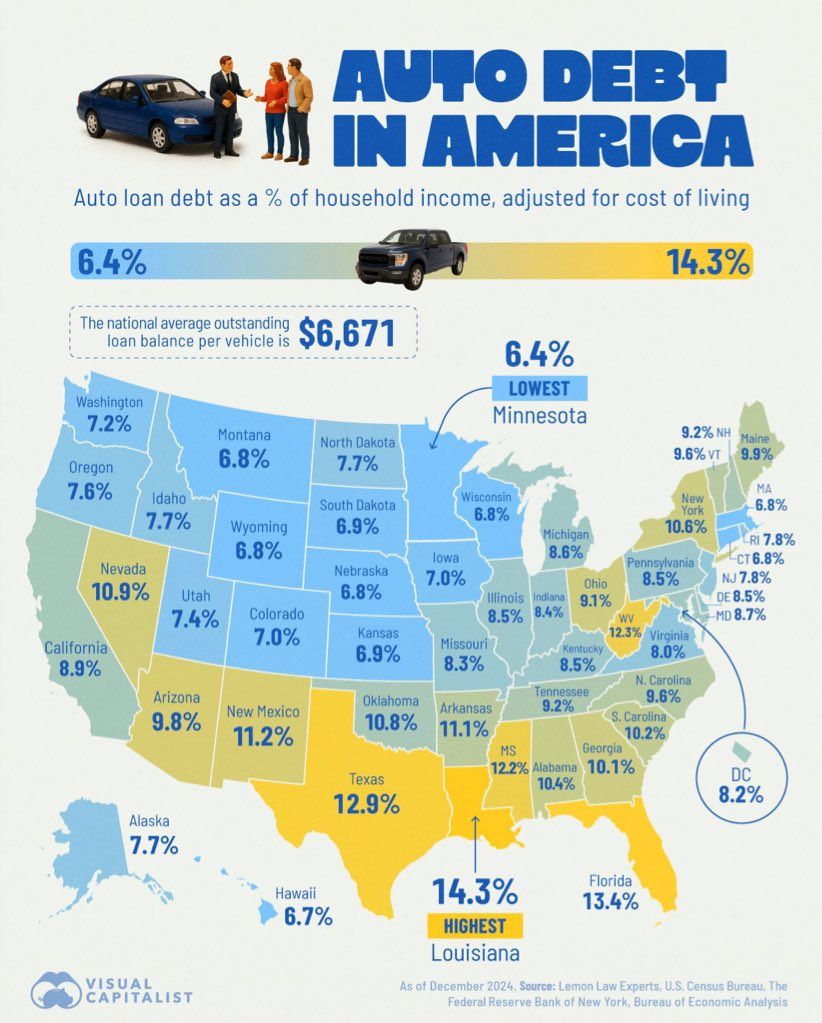Mildly interesting
-
You can tell I’m starting to get a little older when my #1 thought watching that was “I wonder what the draw is on that bow?”
-
You can tell I’m starting to get a little older when my #1 thought watching that was “I wonder what the draw is on that bow?”
@LuFins-Dad yeah, that’s pretty elderly.
-
The word “buttload,” often used colloquially to mean “a large amount,” actually has roots in old English wine measurement systems.
A “butt” was a real unit used to measure large quantities of liquid, especially wine or ale, during medieval times and into the early modern era.
One butt equals two hogsheads, and each hogshead typically holds 63 gallons (in the imperial system), making a butt exactly 126 gallons.
This unit was most commonly used in England and parts of Europe, especially in reference to shipping and storing wine, beer, and other liquids in wooden casks or barrels.
These massive barrels were known as butts (yes, that’s the actual term), and they often appeared in old taverns and ships’ cargo.
Today, the term survives mostly as slang or humor — “a buttload of something” — but it does in fact originate from a formal measurement that once held legal and commercial significance.

-
Don't you use the term water butt over here for a barrel?
-
-
That guy and his hot takes. It can't just be an interesting stat, it's gotta be all the tension in the whole society boiled down into one graphic.
@Horace said in Mildly interesting:
That guy and his hot takes. It can't just be an interesting stat, it's gotta be all the tension in the whole society boiled down into one graphic.
How much tension can there be in a society so rich? Are there proportionately more in poverty now than then? Of course, then you get into defining poverty which is its own can of worms and depends on the result one desires.
-
"Taxi" is one of the few (maybe only?) words that means the same and sounds the same in (almost) every language in the world.
English – Taxi (pronounced: /ˈtæksi/)
Chinese (Mandarin) – 計程車 (okay - this is not quite taxi. Actually means "car that calculates by distance". LOL. But if you say "taxi", everybody will understand you.)
Spanish – Taxi (pronounced: /ˈtak.si/)
French – Taxi (pronounced: /takˈsi/)
German – Taxi (pronounced: /ˈtaksi/)
Russian – Такси (tak-si)
Arabic – تاكسي (tak-see)
Japanese – タクシー (takushii)
Hindi – टैक्सी (taiksee)
Indonesian - taksi
Thai - แท็กซี่ (tháek sîi)
Japanese - タクシ (takushi)
ーetc. -
@jon-nyc said in Mildly interesting:

I don’t know that’s a very useful stat. The percentage of income is going to drop as the car is paid off.
-
One imagines that at a population level it’s pretty stable and depends on both economic factors and social factors.
How much of those large numbers in the south east are due to young men really wanting a big ass truck?
Also there’s a large population for whom ‘paying off a car’ isn’t a thing. One leases in perpetuity because it’s the “cheapest” (sic) way to own a car.
-
One imagines that at a population level it’s pretty stable and depends on both economic factors and social factors.
How much of those large numbers in the south east are due to young men really wanting a big ass truck?
Also there’s a large population for whom ‘paying off a car’ isn’t a thing. One leases in perpetuity because it’s the “cheapest” (sic) way to own a car.
@jon-nyc said in Mildly interesting:
One imagines that at a population level it’s pretty stable and depends on both economic factors and social factors.
How much of those large numbers in the south east are due to young men really wanting a big ass truck?
Also there’s a large population for whom ‘paying off a car’ isn’t a thing. One leases in perpetuity because it’s the “cheapest” (sic) way to own a car.
Are leases auto debt calculated at the total cost of the vehicle or the total lease commitment for this purpose?
-
@jon-nyc said in Mildly interesting:
When over the last 100 years hasn’t the majority of the wealth been in the generation’s whose children are now adults and self reliant. As life expectancies have increased, it’s natural for that to shift even more. The issue isn’t where the wealth is concentrated, the issue is the costs of first time home ownership as a percentage of income as well as the costs of education. And it’s a cascading effect as parents are less able to contribute as much to the education and initial savings.
-
@jon-nyc said in Mildly interesting:
One imagines that at a population level it’s pretty stable and depends on both economic factors and social factors.
How much of those large numbers in the south east are due to young men really wanting a big ass truck?
Also there’s a large population for whom ‘paying off a car’ isn’t a thing. One leases in perpetuity because it’s the “cheapest” (sic) way to own a car.
Are leases auto debt calculated at the total cost of the vehicle or the total lease commitment for this purpose?
@LuFins-Dad said in Mildly interesting:
@jon-nyc said in Mildly interesting:
One imagines that at a population level it’s pretty stable and depends on both economic factors and social factors.
How much of those large numbers in the south east are due to young men really wanting a big ass truck?
Also there’s a large population for whom ‘paying off a car’ isn’t a thing. One leases in perpetuity because it’s the “cheapest” (sic) way to own a car.
Are leases auto debt calculated at the total cost of the vehicle or the total lease commitment for this purpose?
My bad. I was thinking of that as payment as a percentage of income. Leases wouldn’t show up in this data at all.
